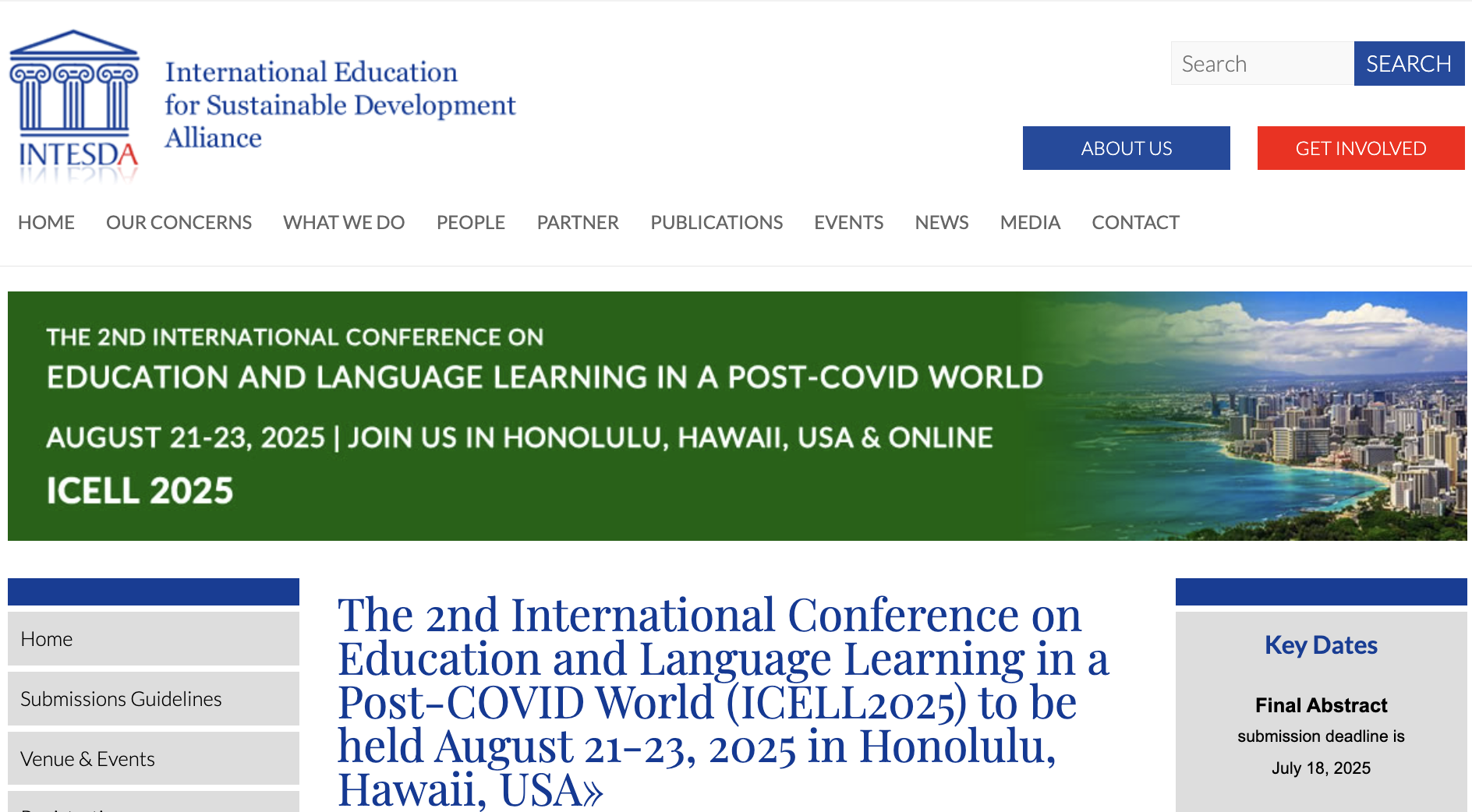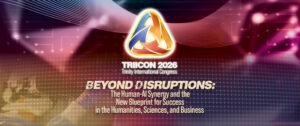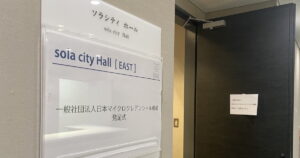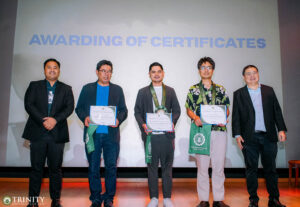A paper titled “Development of Scales to Measure Perceived Advantages of Micro-credentials” was presented at an academic conference “International Education for Sustainable Development Alliance”. The summary of the paper’s contents is as follows:
This paper discusses the development of a scale to measure the perceived advantages of micro-credentials (MCs). Micro-credentials are verified certifications of specific knowledge and learning achievements that are typically earned much faster than traditional college degrees. They are gaining attention because they offer a flexible, cost-effective way to get targeted skills needed in the rapidly changing job market, which can enhance a person’s employability.
Key Findings of the Study
The researchers developed a questionnaire and gave it to 143 university students in Japan. An initial analysis revealed that students’ perceived advantages of micro-credentials fall into three main categories:
Flexibility: Advantages related to learning at one’s own pace, balancing learning with personal schedules, selecting courses based on personal interests, and learning efficiently.
Visibility: Advantages concerning the value of MCs in the job market, such as enhancing a resume, making skills noticeable to recruiters, proving abilities internationally, and career advancement.
Utility: Advantages related to the practical application and quality of MCs, such as their usefulness for employment without a traditional degree, getting skills evaluated by an employer, and ensuring high-quality learning outcomes.
The study also found that the perception of Flexibility was significantly affected by a student’s experience:
Academic Year: Third-year students saw more advantage in the flexibility of MCs compared to first-year students. The authors suggest this may be because junior students have a clearer idea of the specific skills needed for their career path.
Digital Badge Possession: Students who already held a digital badge (a related type of credential) rated the flexibility of MCs higher than those who didn’t. This suggests that prior experience with digital credentials may increase appreciation for the flexible learning that MCs offer.
Future Direction
These findings are considered preliminary because the sample only included students from a single university. To make the scale more robust, the researchers plan to expand data collection to the Philippines to validate the three-factor structure in a different cultural and educational setting. The ultimate goal is to create a reliable tool to better understand what motivates learners and how to improve micro-credential programs.







